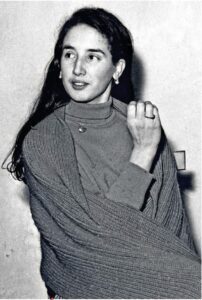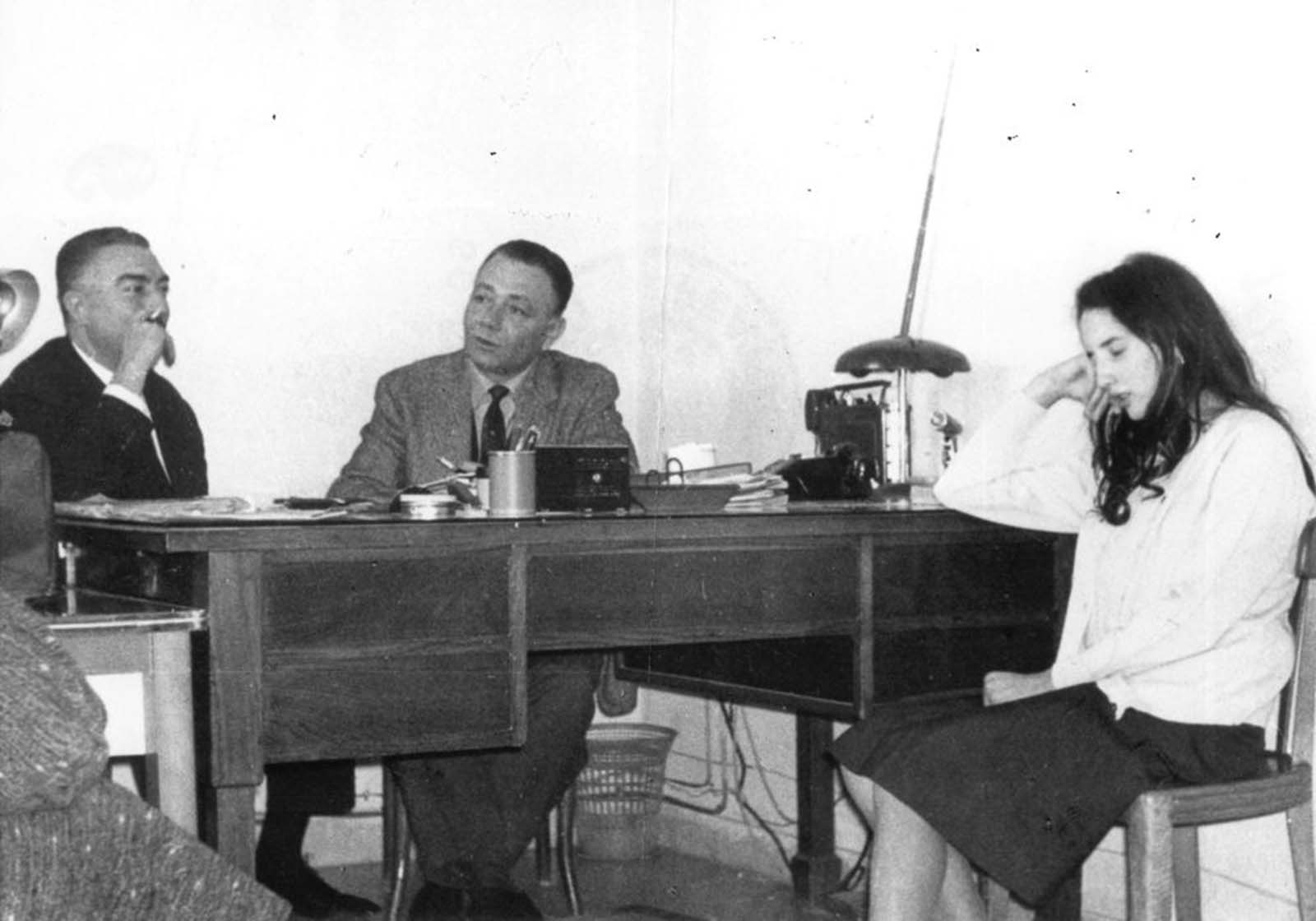Generation Black TV - Live
Franca Viola and her Revolutionary Disobedience
How Franca Viola’s resistance changed history in Italy
It’s undeniable that we’re experiencing concerning times, where it seems easy to strip away laws that protect basic human rights and that we all should agree to preserve at all costs regardless of our political and religious views. In the blink of an eye, laws that took years – even decades – of protests and fights to achieve suddenly don’t matter anymore. Just to mention a couple of recent examples, Poland’s anti-abortion and anti-LGBT+ laws, Italy’s drop of the Zan bill and the US’s overturn of Roe v. Wade are a few indicators of the current climate in the West, a part of the world that for ages has praised itself for its progressiveness and freedom. But, the West is also a place where a certain political class is ready any day to put at risk the lives of thousands of people.
Until 1981, in Italy rapists could resort to the so-called reparatory marriage to avoid prison: if a man wanted a woman against her will, he could kidnap, abuse and then marry her to save himself from jail and the victim’s family from dishonour. This practice was formalised by article 544 and was part of the Rocco code, a set of rules which dated back to the fascist regime. The law stated that rape was an offence against public morality (rather than a crime against the person, as it was determined in 1994) and that the sin of pre-marital sex could be erased by forcing the victim into marriage with the man who took her virginity. This law – alongside article 587 which allowed ‘crime of honour’ – had its roots in the cultural views on gender roles and sex of the time: according to the fascist government, the core of society was family, which was controlled in every aspect by the man, while the role of the woman was relegated to wife and mother; the sole purpose of her life was to birth as many children as she could, so the regime could become more powerful. Hence, why rape was a crime against public morality: a woman wasn’t an individual with decision-making power, she was a birthing machine and a husband-pleaser, an object that men and the government-owned and decided to use however they liked and if a woman didn’t follow those rules, it undermined fascist society.

Franca Viola © Rare Historical Photos
In Sicily (and in the south of Italy in general), these conceptions were deeply intertwined with the religious beliefs of chastity and purity and were hard to die even decades after WWII and the fall of fascism. Also, the Rocco code was still part of the newborn Italian Republic’s legal system, which still legitimised male violence towards women: in a democratic country, marriage wasn’t based on feelings and the difference between abuse and love was pretty much absent. In rural areas, in particular, women and girls had to bow down to these rules and sacrifice their own aspirations in order to fit into the patriarchal society, otherwise, they would be ostracised and labelled as shameless women. Victims didn’t have a say in their own lives, and seeking justice was a utopia as all the fault for the violence suffered was falling on their shoulders only. But, in 1966, things eventually started to change.
The story of Franca Viola:
Franca Viola was born in Alcamo, a small Sicilian town, in a family of farmers and landowners. When she was 15, with her parent’s consent, she got engaged to Filippo Melodia who had family ties with the local mafia. After the latter was accused of theft and mafia relations, Franca’s father insisted to interrupt the engagement. As a consequence, Mr Viola has been repeatedly threatened by Melodia; but Franca and her family didn’t give up, not even when the proposals were becoming more and more insistent. On December 26th 1965, 18-years-old Franca was kidnapped by Melodia with the help of 12 accomplices, who dragged her to a farmhouse in the outskirts of Alcamo: Viola was kept there for several days, without food or water and was raped while she was in a state of semi-unconsciousness. Melodia was sure to get away with his actions thanks to reparatory marriage, but Viola refused and, when she was finally rescued by the police, she told everything and got her abuser arrested.

Franca Viola Recently © La Repubblica
Franca was determined to obtain justice and, in December 1966, she filed a lawsuit against Melodia: she was the first ever woman to do so in Italy. The trial wasn’t easy for the Viola family though. In small towns, rumours spread easily and Franca was isolated for speaking up and accepting her state as a shameless woman. But, she never surrendered and, even when her family was threatened and denied jobs, she always got the unconditional support of her parents and showed up to court with confidence. Even if Melodia’s lawyers attempted to sully Viola’s reputation, making false claims that the girl already had intercourse with him and that the kidnapping was an elopement, the trial ended in Franca’s favour and Melodia was condemned to 11 years of prison. He was shot dead in 1978.

Franca Viola © Rare Historical Photos
Unfortunately, scandalmongers didn’t stop, even after the verdict. And so a life of exclusion and loneliness was predicted for Viola as nobody would marry a deflowered woman. However, Franca challenged the backward norms of her time yet again and in December 1968 – two years after the trial – she tied the knot with Giuseppe Ruisi, her childhood sweetheart.
Franca Viola became a heroine for Italian women and victims of abuse, a girl who wasn’t afraid to follow her feelings in a time where victims’ voices didn’t matter because, as she said during the trial, “honour is lost by those who do certain things, not by those who suffer them”.


